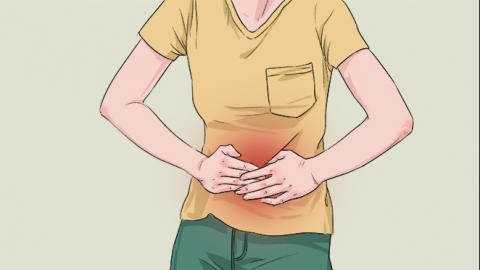Can chronic gastritis cause an increase in carbohydrate antigen levels?
Chronic gastritis usually does not directly cause an increase in carbohydrate antigens; if you experience physical discomfort, it is recommended to seek medical attention promptly. The analysis is as follows:

Chronic gastritis is primarily caused by long-term inflammation of the gastric mucosa, with main contributing factors possibly including Helicobacter pylori infection, autoimmune responses, and lifestyle habits. Carbohydrate antigens refer to a group of sugar-related proteins or polysaccharide substances that are normally present in the blood and serve as auxiliary diagnostic markers for various diseases. Although chronic gastritis may be associated with certain blood test indicators, its association with elevated carbohydrate antigen levels is generally weak. Chronic gastritis mainly affects the gastric mucosa, whereas increased carbohydrate antigen levels may be related to a variety of other conditions.
Although chronic gastritis typically does not lead to elevated carbohydrate antigen levels, certain medications might interfere with the testing results, leading to false positives or false negatives. Therefore, when undergoing carbohydrate antigen testing, the potential influence of medications should be fully considered. Patients with chronic gastritis should maintain healthy lifestyle habits, including a balanced diet, moderate exercise, smoking cessation, and limiting alcohol consumption. These measures can help improve the inflammatory state of the gastric mucosa and reduce the risk of other health problems.







